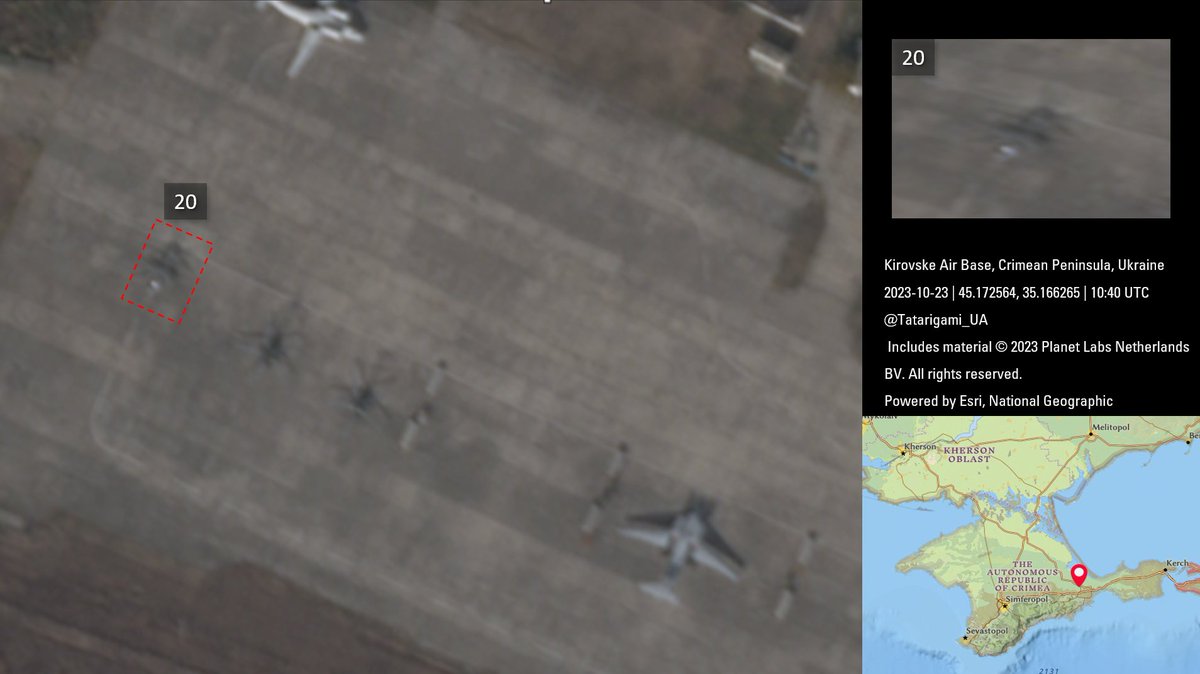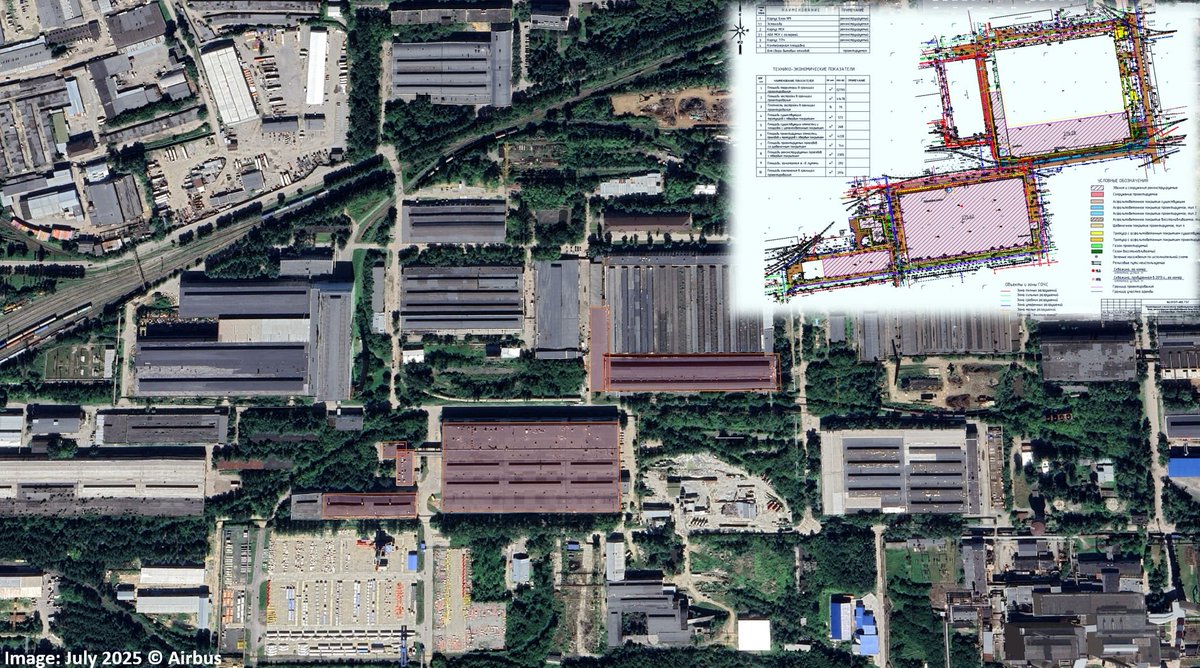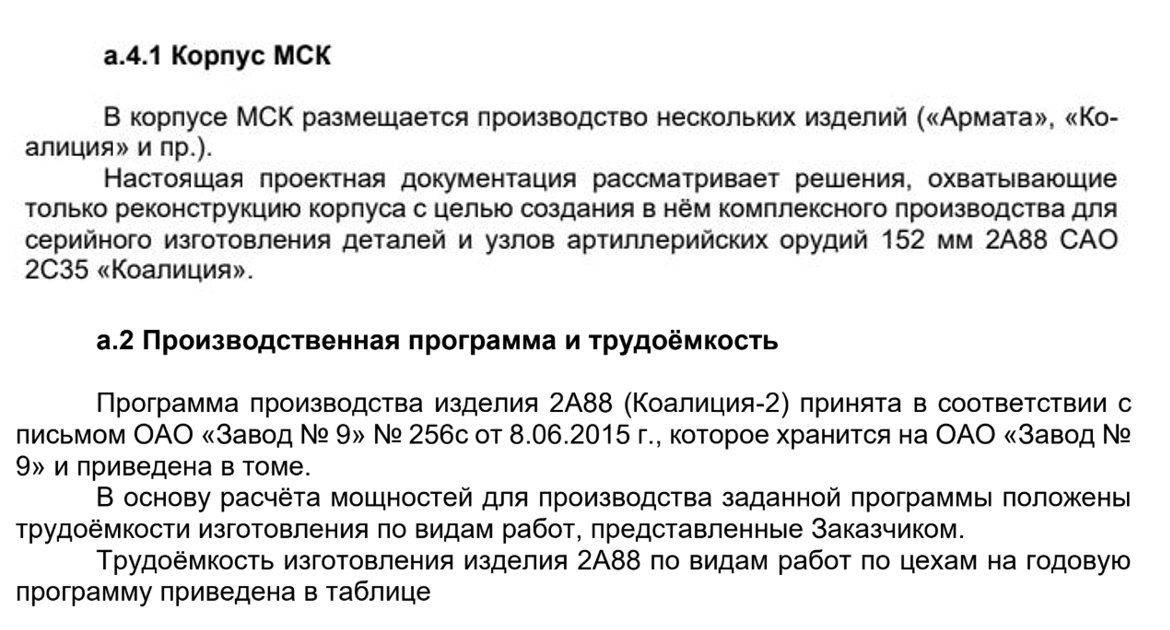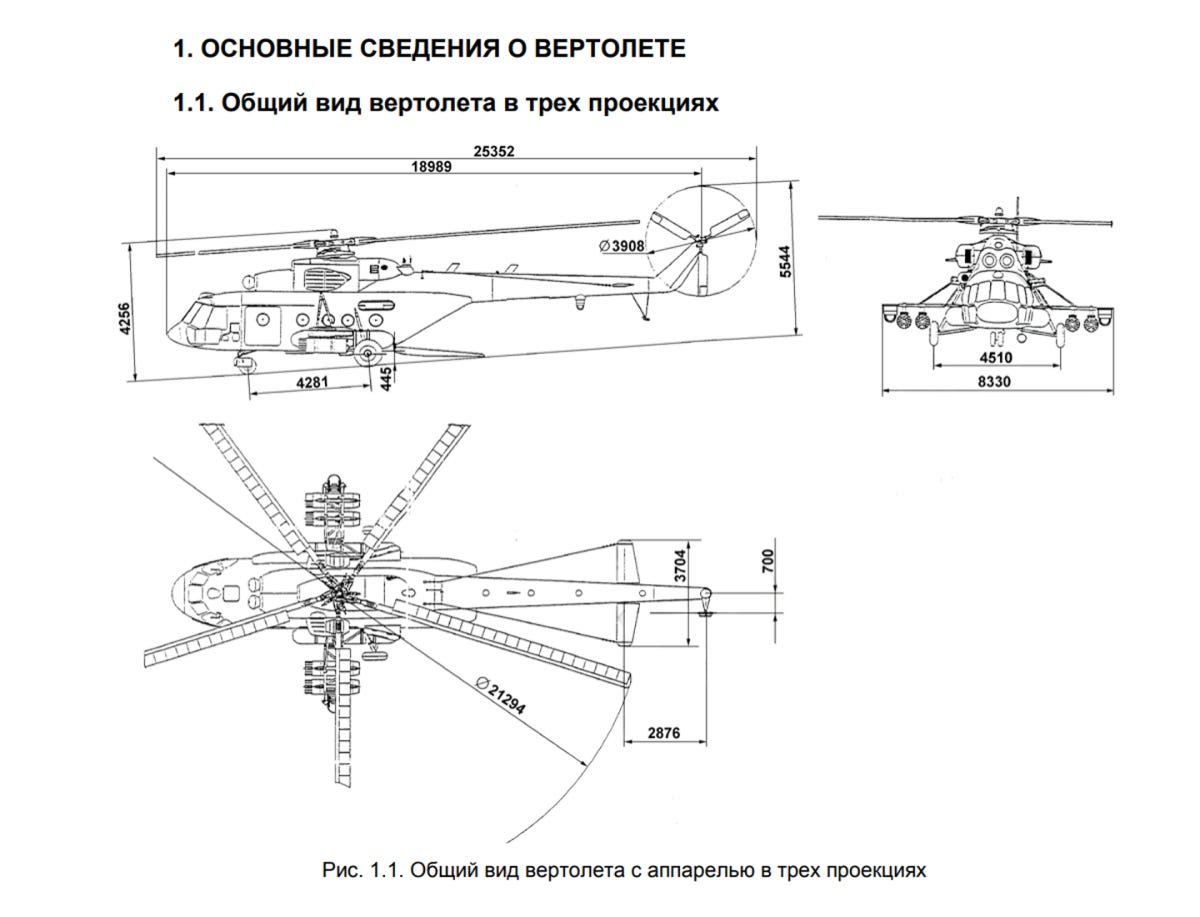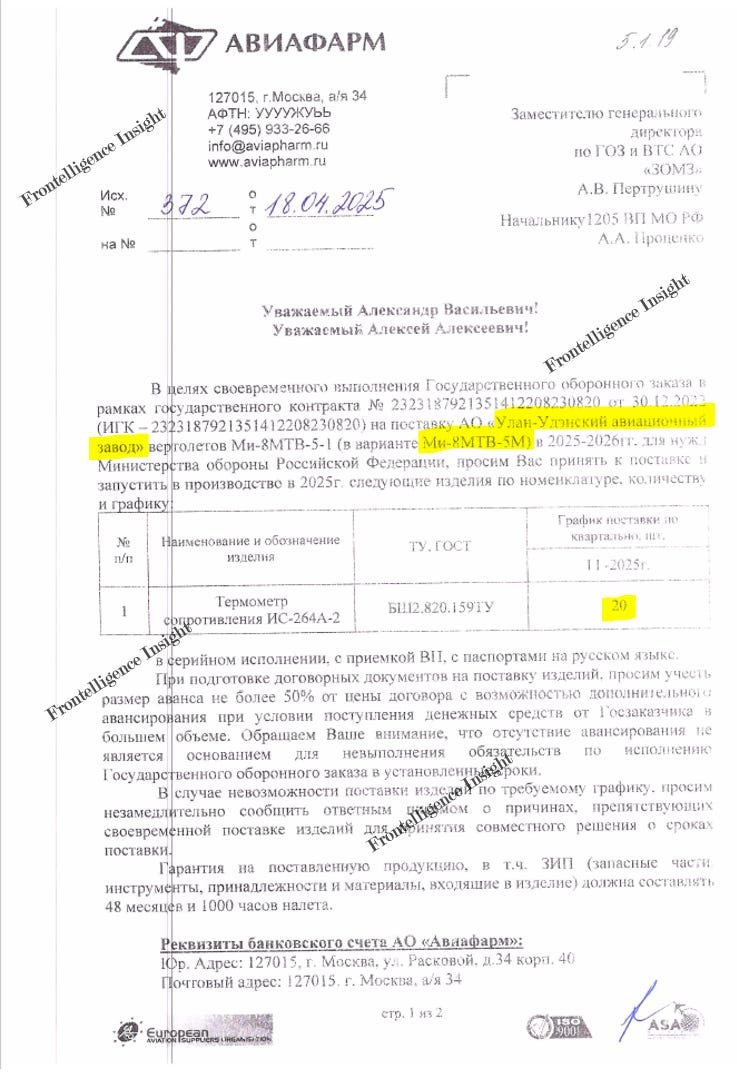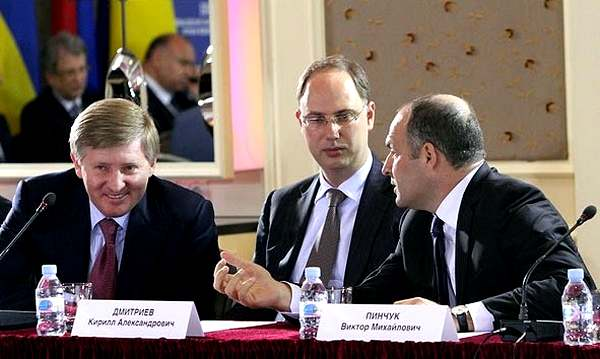Amid the ongoing debate about the number of operational Ka-52 helicopters on the frontlines, I've analyzed and compiled imagery of bases used for helicopter operations by the Russians. The findings are summarized in this 🧵Thread:
1/
1/

2/ Based on acquired Maxar images from November 1st, the Taganrog airbase hosted at least 4 operational Ka-52 helicopters on its tarmac. The surrounding activity indicates their use, a fact further supported by their absence in earlier shots. 
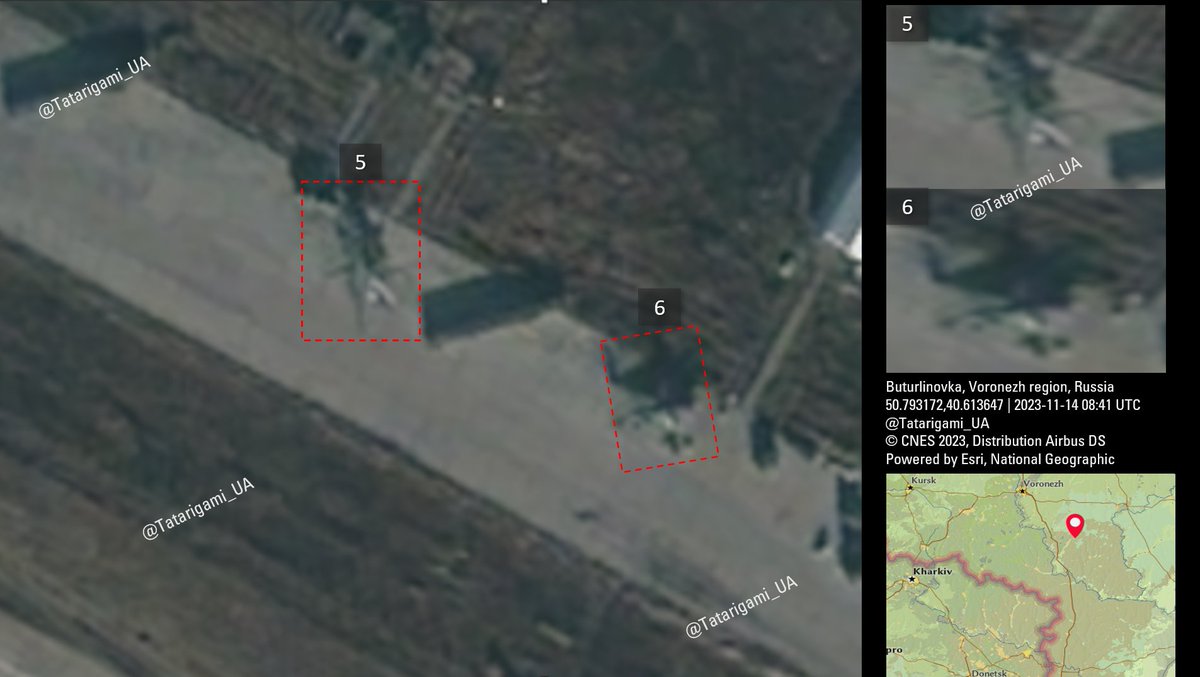
3/ The Buturlinovka Airbase accommodates a minimum of 5 Ka-52 helicopters. Although Helicopter #7 is not distinctly visible in this image, the next image includes a slightly older photo of the same helicopter at the same location for clarity. 
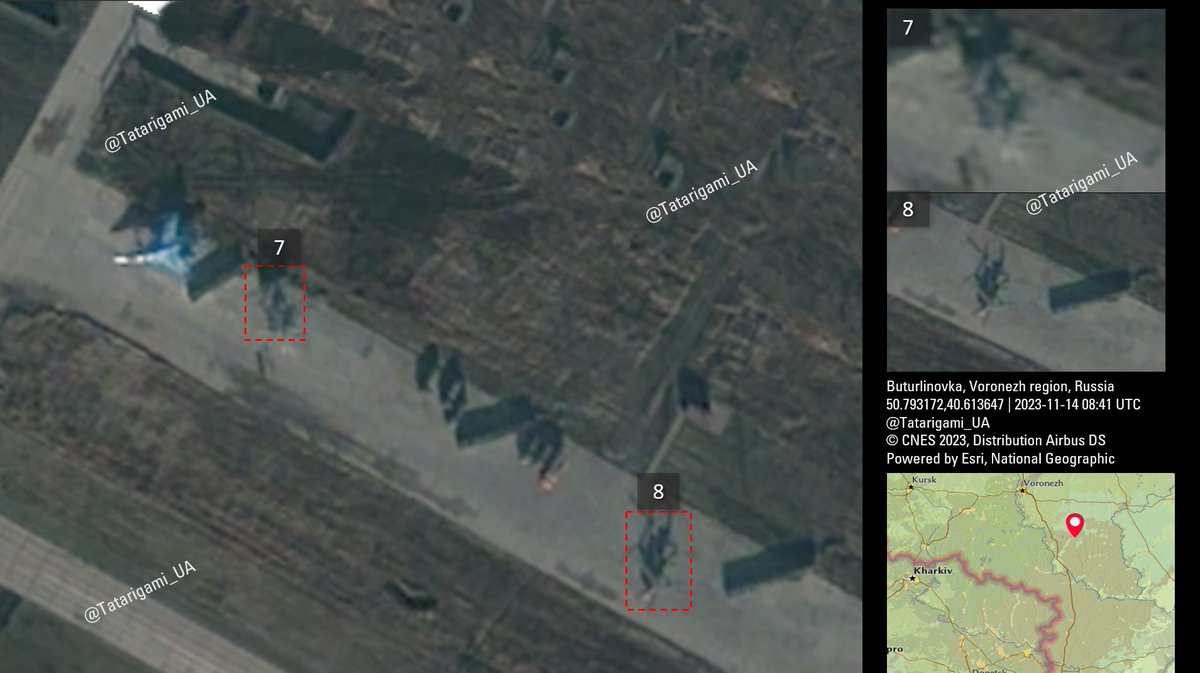
4/ Identifying helicopters in high-resolution imagery (0.5 - 1m) can be challenging, but certain distinct characteristics help with recognition: fuselage length, two coaxial rotors, a shorter tail, and a unique frontal shape, among others. 
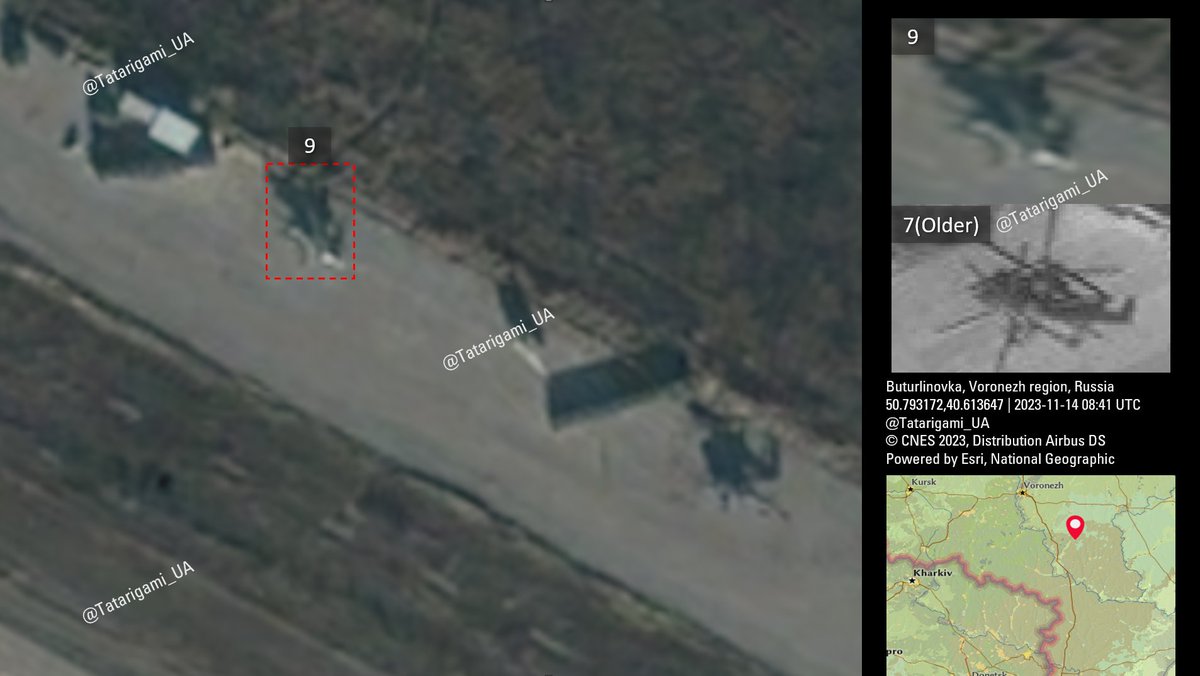
5/ Zernograd airbase, the home of the 16th Army Aviation Brigade, currently houses approximately 8 additional Ka-52 helicopters. 

6/ In these calculations, I excluded several Ka-52 helicopters undergoing repairs or maintenance, evident from the missing rotor blades. Additionally, for OPSEC reasons, I didn't account for 2 more Ka-52 helicopters located at FARP. 
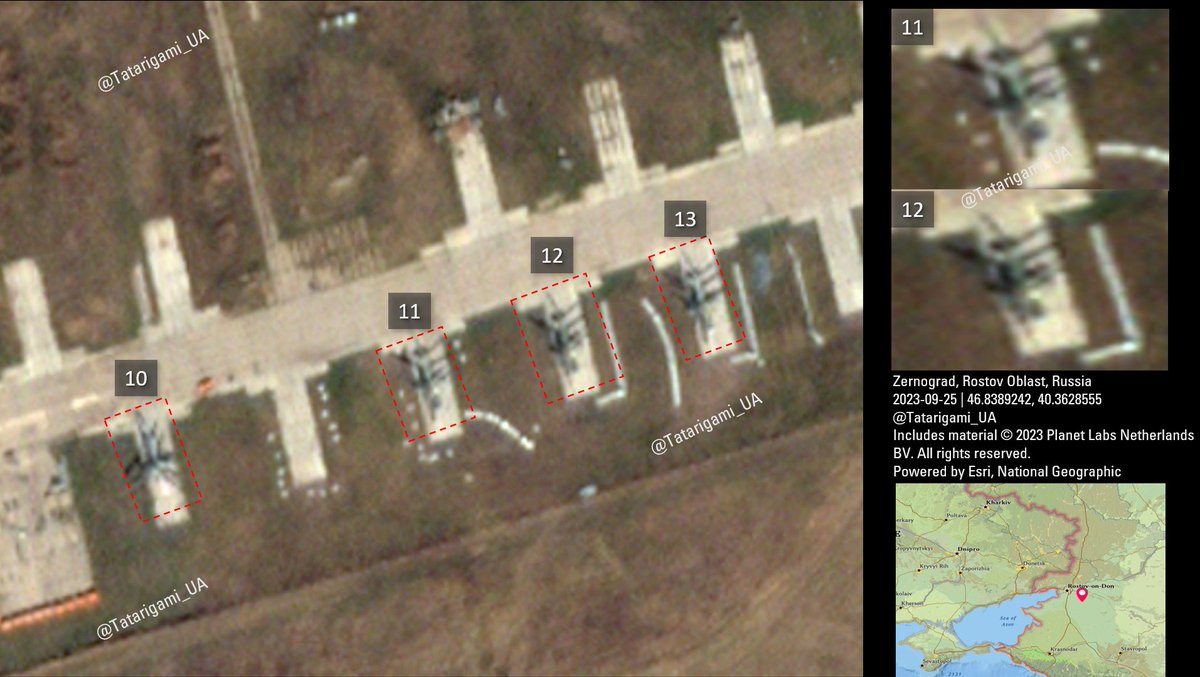
7/ The scope of my analysis focuses on the operational Ka-52 helicopters on the frontlines. I didn't add helicopters located in other regions of Russia, such as Central Russia and the Far East. 
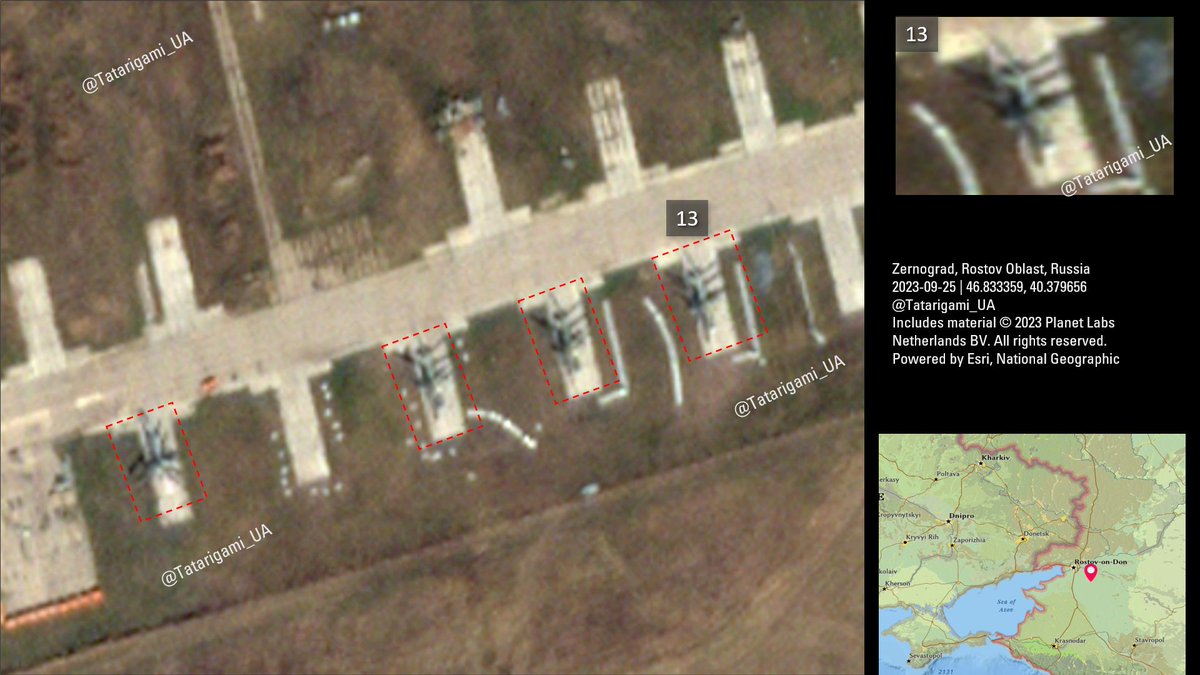
8/ With a 90% confidence level and error not exceeding 30%, presented evidence strongly indicates that Russia still maintains operational Ka-52 helicopters. 
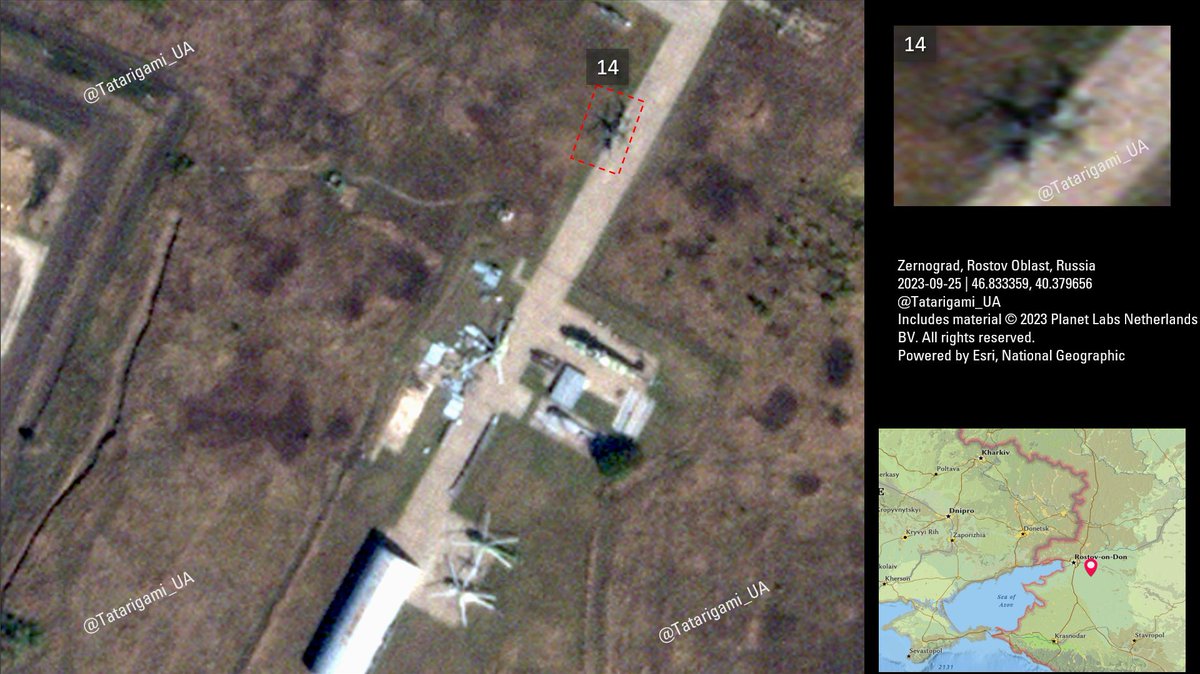
9/ Both the Ka-52 and numerous Mi-28 helicopters continue to pose a significant threat to Ukrainian forces along the frontline. Their ability to deploy LMUR and Vikhr missiles extends their reach, enabling them to engage targets beyond the range of SHORAD 

10/ Moving on to the next base, Rovenki Airbase, traditionally home to a substantial number of helicopters, has recently dispersed its helicopters in response to emerging threats, due to its proximity to the border. 

11/ In October and early November, Rovenki Airbase accommodated more than three Ka-52 helicopters. I counted only three Ka-52 helicopters, excluding those with missing blades, as their operational status is hard to determine 
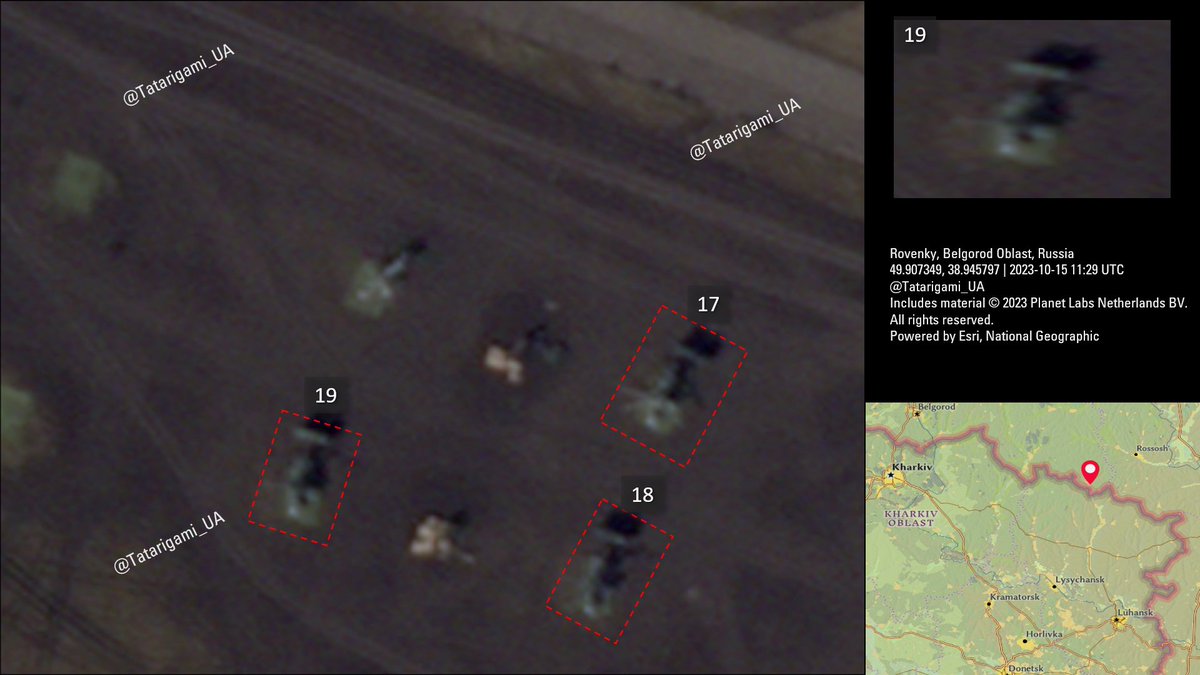
13/ Let's assume that roughly 30% of the helicopters I've identified could be duplicates (the same helicopter at different locations and times), partially or fully inoperable, or mistakenly identified. 
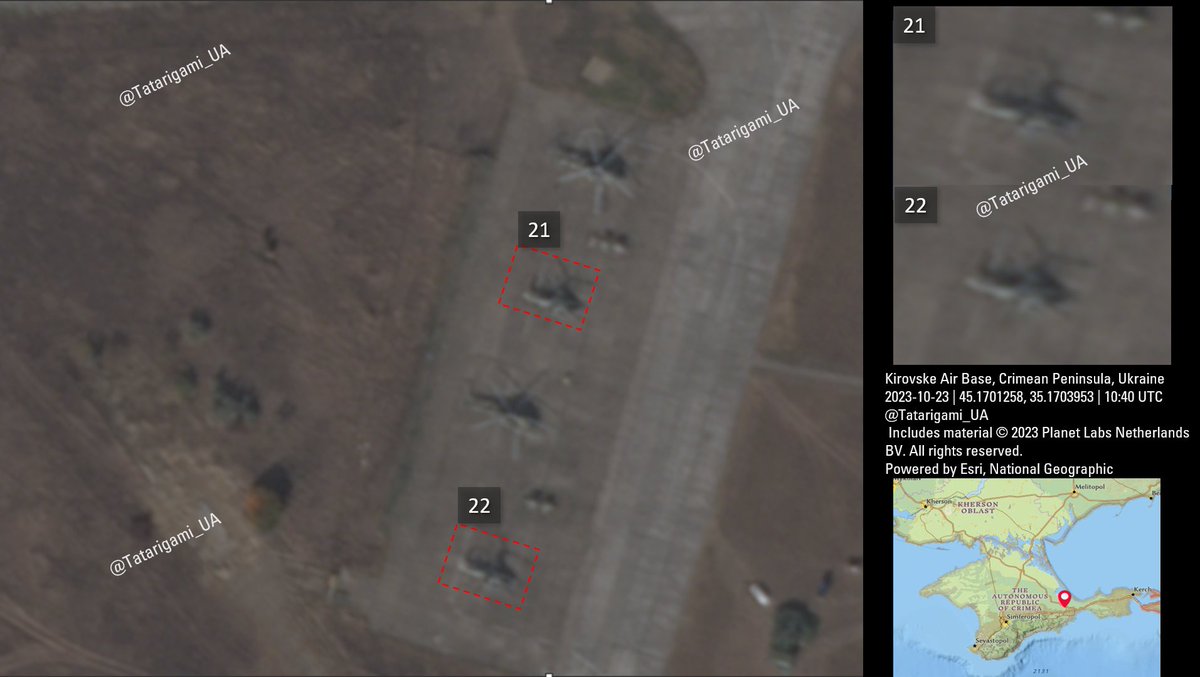
14/ Rounding gives us around 8 helicopters. Even assuming 8 were included wrongly, we still have 17 operational helicopters. Therefore, claims suggesting there are no or only a few functional Ka-52s are invalid. 
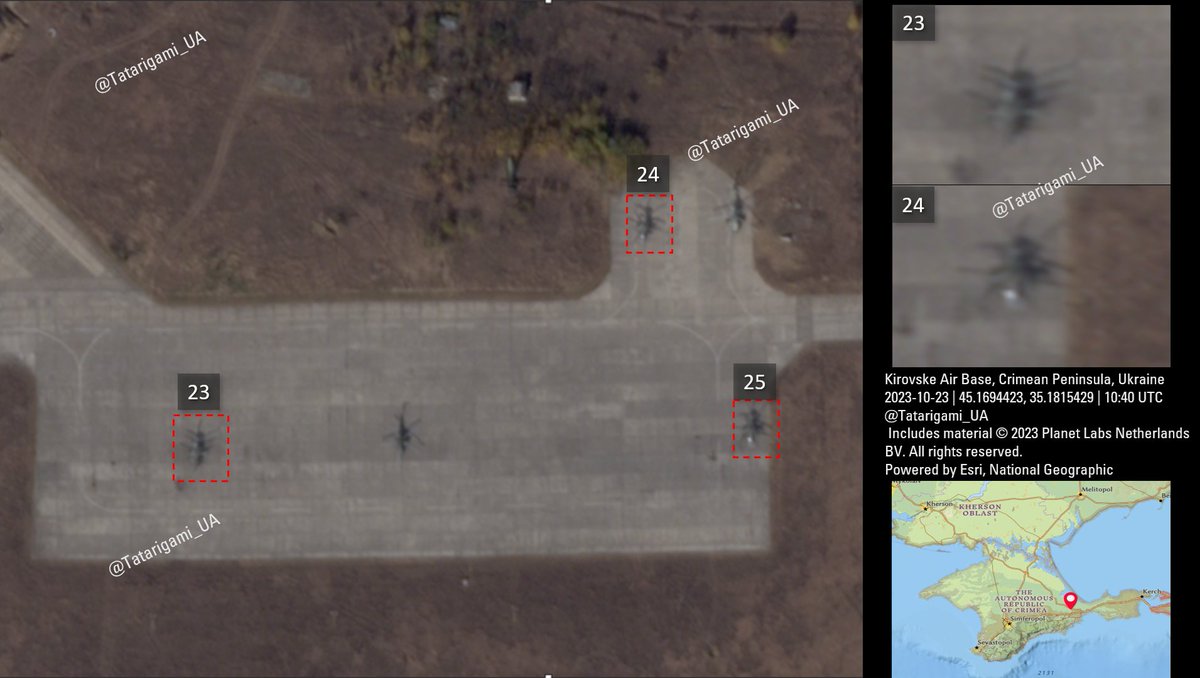
15/ In summary, satellite evidence collectively indicates that Russia currently maintains a fleet of at least 25 operational Ka-52 helicopters, with the actual number likely much higher. 

• • •
Missing some Tweet in this thread? You can try to
force a refresh

